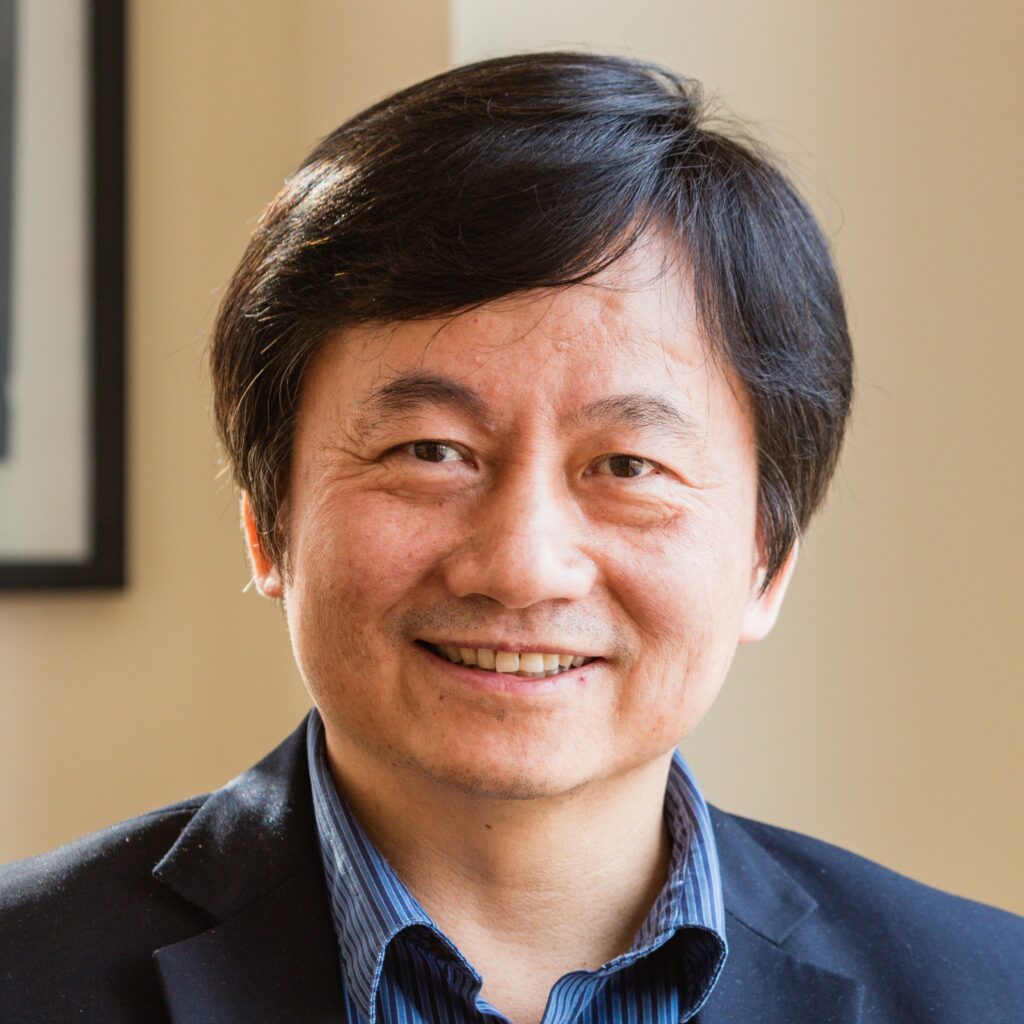June 21, 2024 07:00 PM Eastern Time
Research grants and prestigious awards are two important components in the career of academic scholars. With grant support, scholars can establish their labs, make new scientific discoveries and technologies, and advance knowledge for society. Prestigious awards signal the importance of an individual’s contributions and can offer both resources and social capital to further their research and ideas. In this webinar, speakers and panelists will discuss three independent studies investigating the track record of Asian scholars in winning grants and awards. These reports include comprehensive analyses of proposal outcomes from the National Science Foundation and National Institutes of Health, as well as award recipients in the fields of biology and medicine. We invite all members of the academic community to join this discussion.
Speakers

Christine Yifeng Chen
Research Scientist, Lawrence Livermore National Laboratory
Christine Yifeng Chen is a staff scientist at Lawrence Livermore National Laboratory. Her research focuses on developing radiochronometric dating tools for nuclear forensics investigations of interdicted nuclear materials. In 2022, Chen’s study on systemic racial disparities in funding rates at the National Science Foundation gained recognition, with coverage in Science Magazine and The New York Times and an invitation to the White House from President Biden. She holds a BA in geosciences from Princeton University and a PhD in geology from the Massachusetts Institute of Technology.
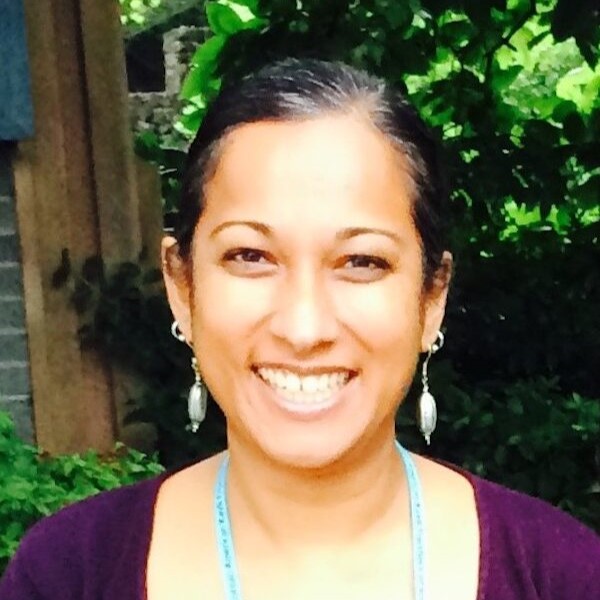
Aradhna Tripati
Professor, Center for Diverse Leadership in Science Director & P.I., UCLA
Aradhna Tripati grew up in Los Angeles and when she was in college, took a general education course on Environmental Geology that ignited her passion for environmental science and geoscience. She researches and teaches about climate change; the history and dynamics of changing Earth systems including climate, ice sheets, oceans, the water cycle, carbon dioxide levels; tool development; and clumped isotope geochemistry. She is Professor in the Institute of the Environment and Sustainability (IoES), the Department of Atmospheric and Oceanic Sciences, the Department of Earth, Planetary, and Space Sciences, the Institute for Geophysics and Planetary Physics (IGPP), and the California Nanosystems Institute (CNSI), as her work is highly interdisciplinary.
Aradhna also is the faculty director and founder of the Center for Diverse Leadership in Science. She has mentored, advised, co-advised, trained, or served on the committee for over 130 postdoctoral fellows and researchers, Ph.D. students, M.S. students, undergraduates, high school teachers, and high school students. Aradhna has over 3000 citations for her research, and has established world-renowned laboratories. She has 66 publications of which 12 are in Nature journals, Science, or Proceedings of the National Academy of Sciences, 181 conference abstracts, 13 invited talks and three keynote lectures at international conferences, and 50 invited talks at universities and research institutes. Her lifelong goals include advancing new geochemical tracers for the study of Earth system processes, studying the history and dynamics of climate change, and working to educate, recruit, and retain a diverse population into environmental science and geoscience, and more generally in higher education.
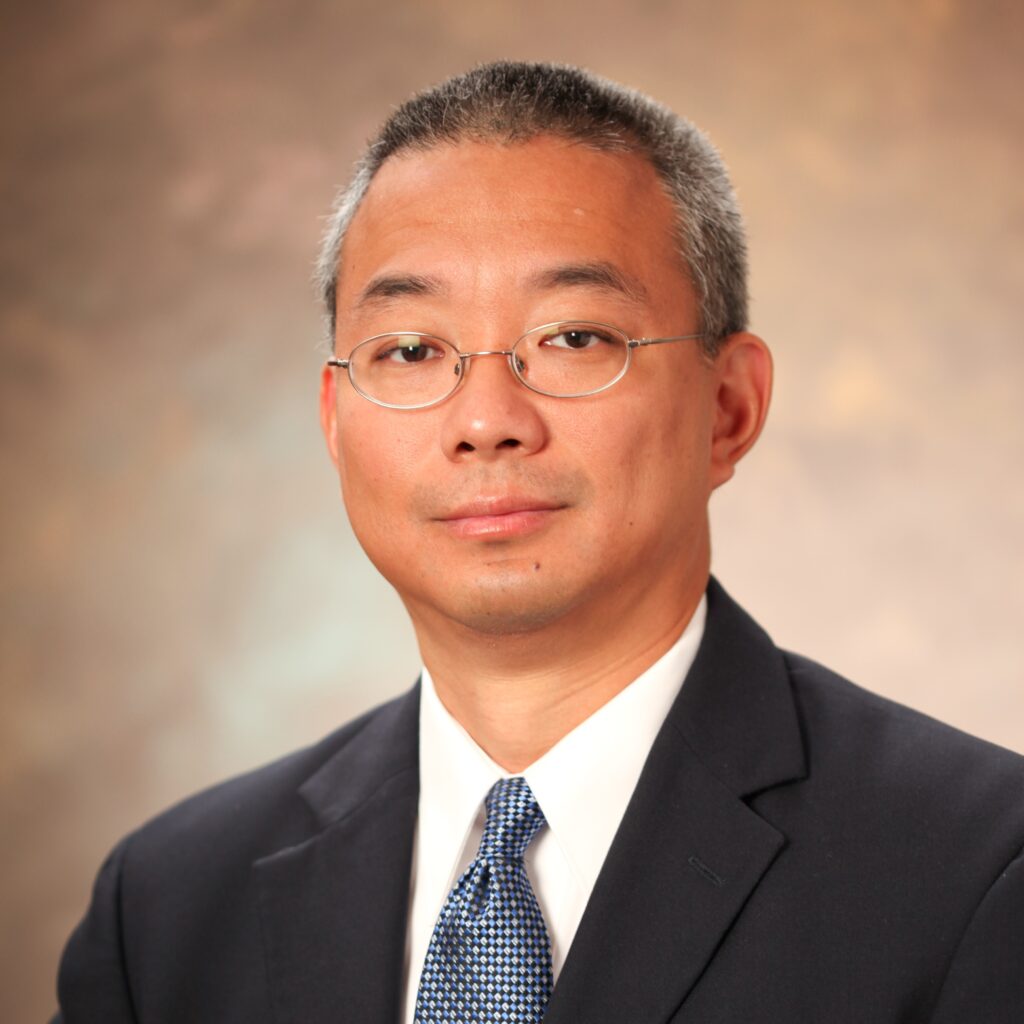
Sandy Chang, MD/PhD
Yale College Associate Dean for Science & Quantitative Reasoning Education, Professor of Laboratory Medicine, Pathology and Molecular Biophysics and Biochemistry; Associate Director, Molecular Diagnostics Laboratory
Sandy is currently a professor in the Depts. of Laboratory Medicine, Pathology and Molecular Biophysics and Biochemistry at Yale School of Medicine and the Associate Dean of STEM Education at Yale College. He is a physician-scientist with a research focus on the molecular mechanisms of telomere end protection. For the past 21 years, his contributions to the telomere field revealed how chromosome end protection is performed by distinct shelterin components, enabling a single protein complex to prevent activation of several different modes of DNA damage response and repair. In addition, his lab has revealed mechanistically how telomere length is maintained by telomerase and the CST complex. It is fair to say that his work, spanning structural biology, biochemistry, cell biology, and mouse genetics, helped shape the current understanding of how shelterin subunits function to promote different facets of telomere maintenance and repair in cells. As a clinician, he is an expert on myloproliferative disorders.
Sandy has been a direct research mentor to over 45 undergraduate, graduate and MD-PhD students, postdocs and clinical research fellows. Seven of his trainees currently hold tenured academic positions at various universities. As Dean of STEM Education, he has increased by over 300% the number of URM/FGLI students participating in independent research with Yale faculty. 40% of all Yale undergraduates who participated in summer research in 2023 and 2024 were FGLI/URM students. Sandy has advised hundreds of Yale undergraduates on their future career in STEM and has directly influenced 73 URM/FGLI students in his Science, Technology and Research Scholars Program to pursue PhD, MD or MD-PhD degrees.
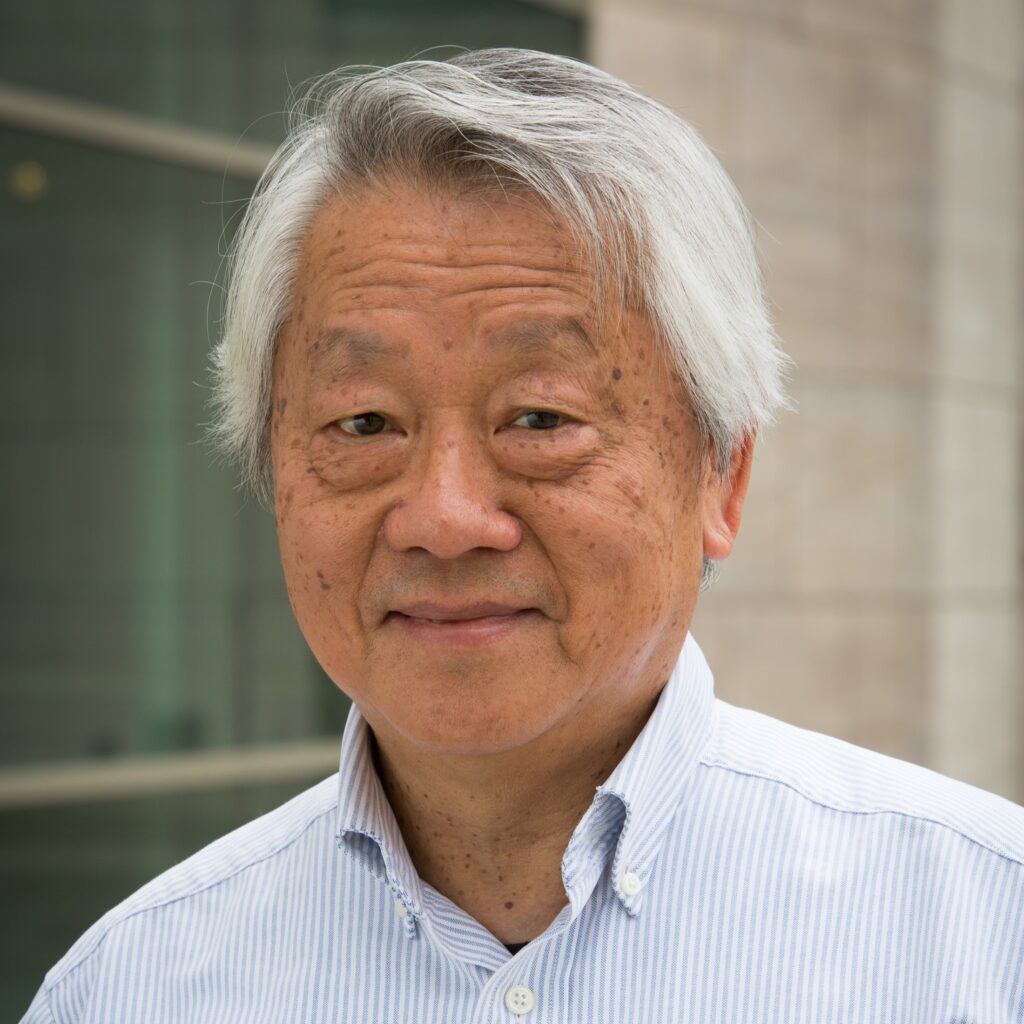
Yuh Nung Jan
Howard Hughes Investigator, Professor of the Department of Physiology, UC San Francisco
Yuh Nung Jan was born in Shanghai and raised in Taiwan. He went to Caltech in 1968 for Ph.D. study in physics after his undergraduate degree in physics at National Taiwan University. In 1970, he switched to biology under the mentorship of Max Delbrück. He stayed at Caltech for postdoctoral training with Seymour Benzer in 1974 and began his long-term collaboration with Lily Jan starting with studies that suggested Shaker encodes a potassium channel. They then worked in Steve Kuffler’s lab at Harvard Medical School to demonstrate that peptides can function as neurotransmitters.
In 1979, he and Lily Jan started their own lab at University of California, San Francisco (UCSF). Cloning of the first potassium channel gene Shaker and its mammalian homolog in their lab attests to the evolutionary conservation of potassium channel functions. Subsequently, the Jan lab cloned founding members of two other large family of channels: the inwardly rectifying potassium channels and a novel calcium-activated chloride channel family, leading to molecular and cell biological studies of how these ion channels work and how they contribute to neuronal signaling. In parallel to these ion channel studies, they started at UCSF their work on neural development to understand how neurons acquire their specific cell fate, including discoveries of the role of proneural genes and asymmetric cell division.
He has been a Howard Hughes Medical Institute Investigator since 1984. He is a member of Academia Sinica in Taiwan and a member of US National Academy of Sciences.
Moderator

Gisela Perez Kusakawa
AASF Executive Director
Commentators
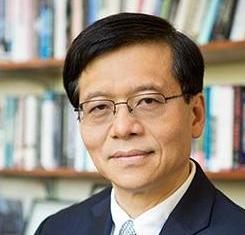
Yu Xie
Bert G. Kerstetter ’66 University Professor of Sociology and PIIRS, Princeton University
